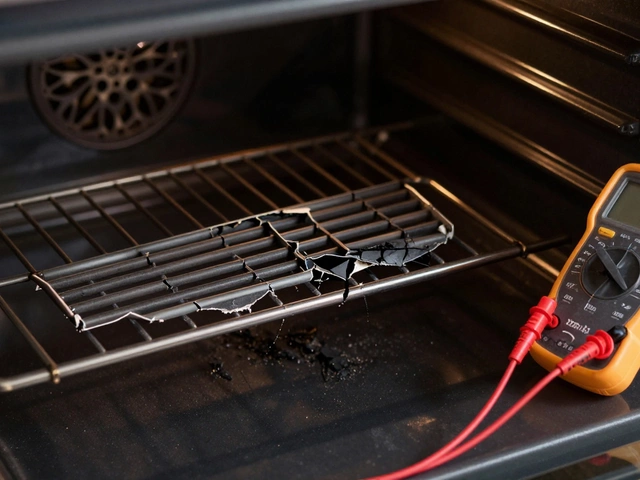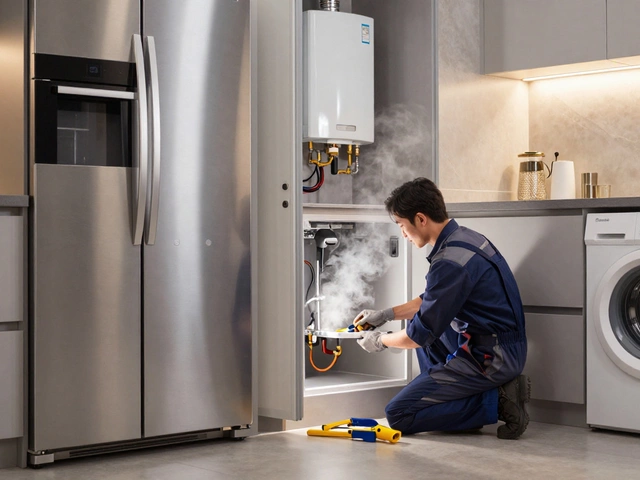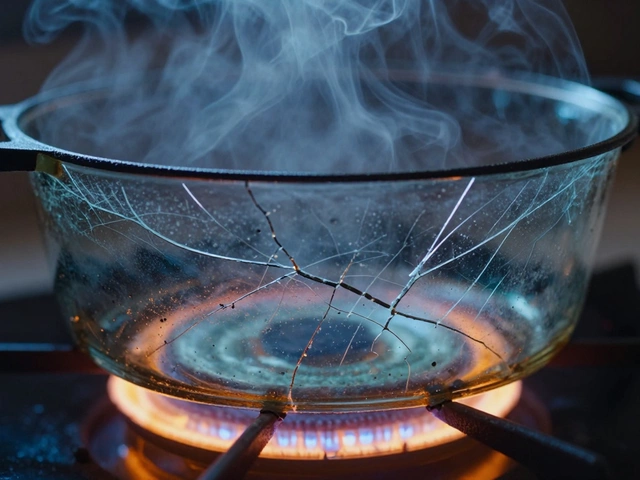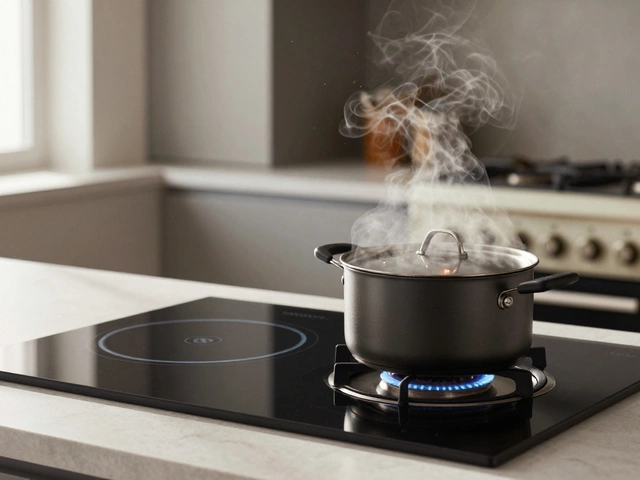Oven Maintenance Tips – Keep Your Oven Working Like New
Got an oven that’s losing heat or making weird noises? Most problems are avoidable with regular care. Below are practical steps you can do every week and month, plus clear signals that it’s time to call a professional.
Daily Care to Prevent Problems
After each use, let the oven cool, then wipe the interior with a damp cloth. Spills left to harden can burn and damage the heating element. For a quick clean, keep a spray bottle of water‑vinegar mix handy – it loosens crumbs without harsh chemicals.
Check the door seal before you start cooking. A cracked or stretched gasket lets heat escape, making the oven work harder and raising the energy bill. Run your fingers along the seal; if you feel gaps, replace it.
Run a low‑temp self‑clean cycle (around 200°C) once every few months if you have a self‑cleaning model. It burns off grime and reduces the chance of a faulty element. Just remember to ventilate the kitchen because the smell can be strong.
Spotting Faulty Parts Early
If the oven heats unevenly, the heating element may be failing. Look for visible black spots or a broken coil. You can test it with a multimeter, but if you’re not comfortable, call a technician – they’ll replace the element safely.
Temperature swings often point to a thermostat issue. When the oven stays too hot or never reaches the set temperature, the thermostat sensor is the culprit. A quick visual check for loose wires helps, but a professional can diagnose it accurately.
Control board problems are trickier. Random error codes, screen flickering, or the oven refusing to start usually mean the electronic board is bad. Replacing a control board is not a DIY job for most homeowners; a certified repair service can test and swap the part.
Don’t ignore strange noises. A buzzing sound can indicate a failing fan or a loose motor, while a clicking noise often means a relay is trying to power the element. Both issues can become safety hazards if left unchecked.
When to Call a Pro
When you’ve tried basic cleaning and the oven still misbehaves, it’s time to call a professional. A qualified technician can safely check the element, thermostat, and control board, and they have the right parts on hand.
Also call if you notice any electrical smell, smoke, or sparks. These signals mean a serious fault that could cause a fire. Shut off the oven at the breaker and wait for an expert.
Regular professional maintenance, once a year, can extend your oven’s life. They’ll inspect wiring, calibrate temperature sensors, and clean hidden components you can’t reach.
Bottom line: simple daily cleaning, monthly seal checks, and occasional self‑clean cycles keep most ovens happy. Spot the warning signs early, and you’ll avoid costly repairs. When in doubt, trust a local Hinckley oven repair service – they’ll get your oven back to peak performance fast.
11 April 2025
·
0 Comments
Got an oven that's acting up? You're not alone. Discover practical tips for diagnosing common oven problems like heating issues, strange noises, or malfunctioning lights. Find out how to fix simple problems yourself and learn when it's time to call in a pro. Keep your oven running smoothly without the stress of expensive repairs.
Read more
28 February 2025
·
0 Comments
Can an oven really stick around for 20 years? It might sound impossible in today's throwaway culture, but with proper care and a bit of know-how, it can be done. This article delves into the lifespan of electric ovens, sharing practical tips to prolong their usability. Discover maintenance hacks, insights on common issues, and signs it's time for an upgrade. Turn your current oven into a lasting kitchen partner.
Read more







